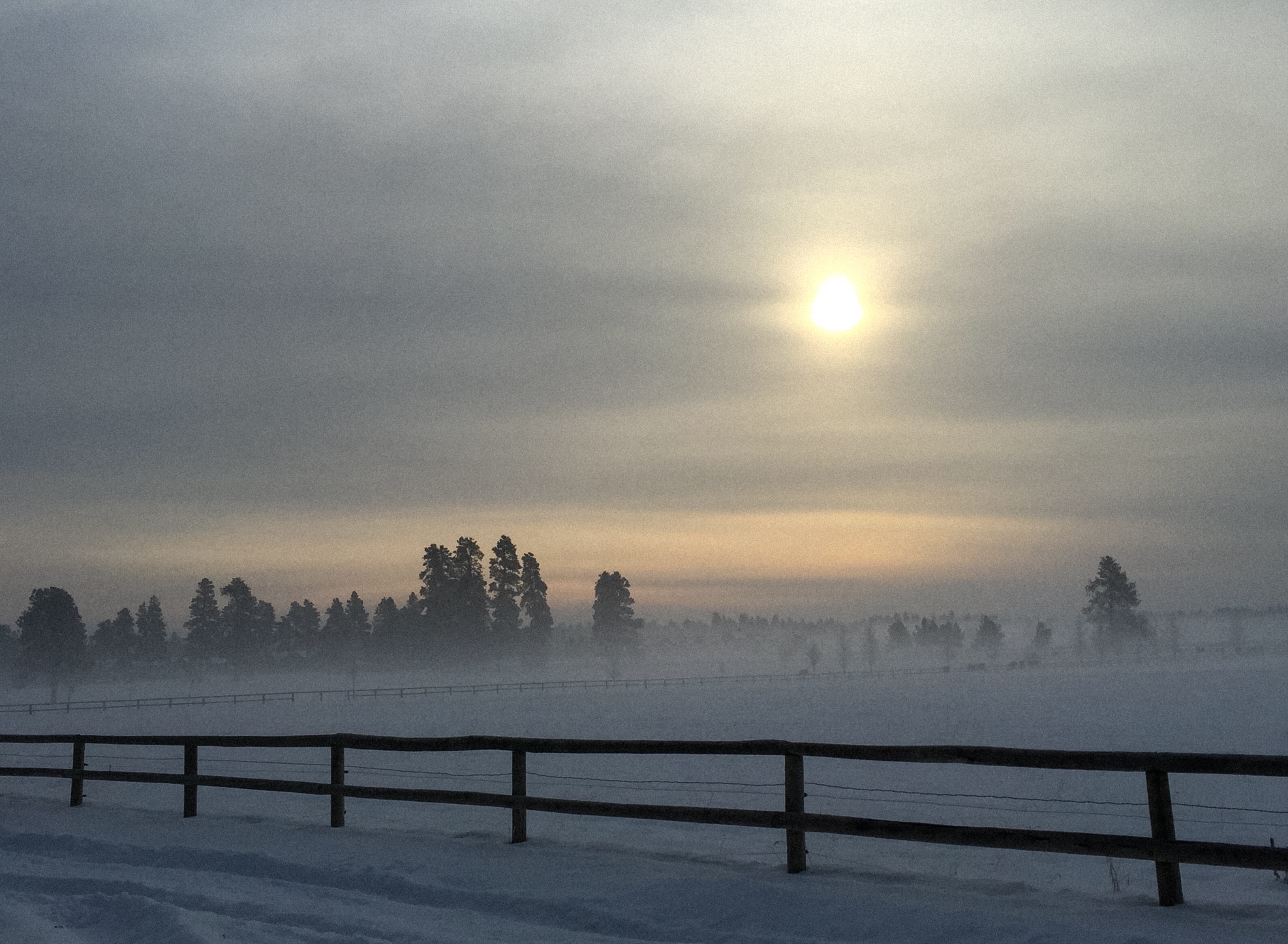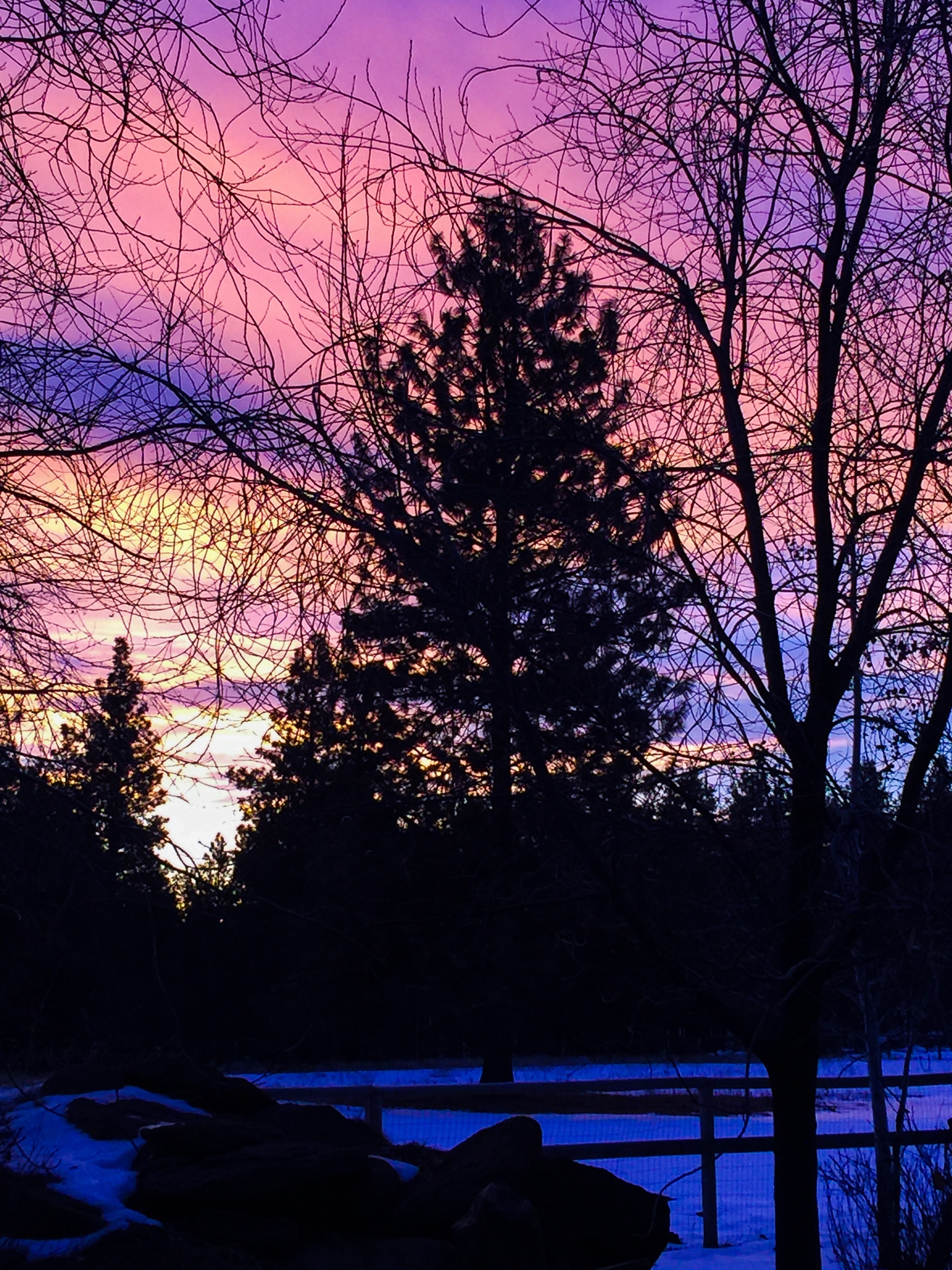TIME
“During the Great Depression, the federal government created new agricultural settlements in a number of states, including Alaska. Farmers who had run out of other options applied for the chance to start over in one of these government-sponsored colonies. In 1935, over two hundred families were accepted for the Matanuska Colony.”
***
“She might as well have said, you know you’re going to make an offer. How can you not? A unique house. Acreage for your horse. Exquisite views. A ready-made vegetable garden. A separate plot for potatoes and a raspberry patch in a swale north of the house. Chuck and I glanced at each other with a look that said ‘this is it.’ We didn’t consider there might have been reasons that the place hadn’t sold during a year on the market…
In May 1983 we moved into the house that had been built forty-eight years earlier for the Matanuska Colony. Chuck was returning to the community where he’d grown up. I was yet another person in a long procession of migrants to Alaska.” – Katie Eberhart, Cabin 135: A Memoir of Alaska
Annie Dillard advises writers to “give voice to your own astonishment.” Katie Eberhart does just that in her memoir of Alaska, Cabin 135.
When we moved to Bend, Oregon, I wanted to connect with other writers. I came across Katie Eberhart’s website, and I realized she didn’t live far from me. I hesitated, not wanting to invade her privacy, but sent her an email anyway to see if she wanted to meet for coffee. Katie responded graciously and invited me to join her small writer’s group. Lucky for me, because it was an excellent group, and Katie and I became friends.
Katie was in the final stages of revising her memoir and negotiating a publishing contract with the University of Alaska Press. Cabin 135 was published in December, 2020, part of the Alaska Literary Series. It was gratifying to watch Katie find a publishing home with editors who understood her vision and wanted her book to be part of their distinguished series. A few months ago, I listened to Peggy Shumaker, editor of the series, interview Katie at a virtual reading hosted by Fireside Books in Palmer, Alaska. Their rich discussion captured the expansive nature of Katie’s story.
I’ve read Katie’s memoir twice and, with a third reading, I’m sure I’ll continue to glean new meanings and insights. This is a book I can’t fully grasp on a first reading; Katie has a singular, uncommon sensibility, and she explores her fascinations in a nontraditional narrative. Instead of a linear story, you will find in Cabin 135 a text divided into thematic sections such as Time, Cabin, Earth, Terrain, Greenhouse, Migration, Sky, Denali, and Archaeology.
Done well, as in Katie’s memoir, this type of narrative has momentum and captures the cumulative, unsentimental emotional power of a life thoughtfully lived. I suppose my reaction is partly personal: Katie and I are about the same age, we raised two sons at about the same time, we have in our histories relationships with older, complicated, quirky houses, and we value nature and place – although for Katie, these passions arose earlier in life, and have been more intentionally explored.
In Cabin 135, you won’t see much of Katie’s husband or sons and their daily lives. But her family is there in the background; I heard the echo of little pajama’d feet bounding down the cabin’s stairs, which reminded me of domestic scenes with our own boys.
Instead of the dramas of family life, Katie focuses on time, history, imagination, geography and memory – on what we remember and why we remember it. Her story is centered largely on the parcel of Alaska frontier she called home for thirty years, and on her travels, as well. An idea I’ve encountered often in my recent study of eco-psychology is that we are moved by a place – its landscape, flora, and fauna – because it mirrors the landscape of our souls. Katie captures something of this reciprocity in her memoir.
I’m intrigued with Katie’s writing process and how much can be communicated by juxtaposing seemingly disparate ideas. Her narrative pulls me along: where will she go next, I wonder, and what connections will she make? I think, as a reader, if you are receptive to this kind of reading adventure, you will quickly become comfortable and fully committed to going along for the ride.

The fantastic literary map of Alaska, by Alaska-based artist and graphic designer Ruth Hulbert, and published by Fireside Books in Palmer. Can you find Katie’s memoir? I see a number of other books I’ve loved, or hope to read in the future. Ruth also designed the memoir cover.
In the memoir’s epilogue, Katie writes about her process:
“I write interactively, one revision after another. Each version exists, however briefly, as a quasi-meditation…
Writing provided a framework to explore place as both a literary construct and abstraction….The overlap between multitudinous narratives plus motivations, lucky breaks, and weird confluences proved fascinating, but the stories in this book represent only one possible route across a dimensional terrain that’s spatial, biological, societal, temporal, and laced with ideas – and where a small log-built house occupies a certain plot of land. As is the case with any memoir, much has been left out – omitted, ignored, or forgotten.”
A couple of ideas I want to highlight here: that each draft is a kind of quasi-meditation. I have never thought of the writing process in this way, but Katie’s insight helps me better appreciate the richness of our quirky, individual writing paths; our creative instincts, given free reign, possess a kind of logic and aesthetic sense that may surprise us.
And, secondly, across your own life span, which dramas, scenes, and moments stand out? We choose from an infinite number of moments to tell our stories. And yet we each have within us a multitude of stories.
TIME
“I wonder about the future of Cabin 135 and its surroundings. I imagine the house and the well. Or perhaps the town will overtake the house, and there will be city water, not a well. In a hundred years, the raspberry patch will be something else. Or the raspberry patch will still be a raspberry patch, but the raspberries will be different. I hope the startling flavor of the raspberries never changes.
Each summer, no matter where I am, when I bite into the first raspberry, memories flood my mind of city gardens and country gardens – my mother’s garden, my grandfather’s, and mine, but also generations of gardens. Indeed, even centuries of gardens. Gardens that no one remembers, well-tended or gone wild, and that hint at what comes next.”



















 Mink River
Mink River






















 Gwartney held us spellbound reading a passage about the day 20-year-old Debra shopped for a wedding dress (for a marriage that sounded doomed), and the November, 1847 day the Cayuse tribes killed missionary Narcissa Prentiss Whitman, her husband, and eleven others.
Gwartney held us spellbound reading a passage about the day 20-year-old Debra shopped for a wedding dress (for a marriage that sounded doomed), and the November, 1847 day the Cayuse tribes killed missionary Narcissa Prentiss Whitman, her husband, and eleven others. The Book of Help: A Memoir in Remedies, by Megan Griswold
The Book of Help: A Memoir in Remedies, by Megan Griswold Oregon’s poet laureate, Kim Stafford, knows how to gather kindred spirits together to celebrate poetry and life, and he has a devoted following in Sisters.
Oregon’s poet laureate, Kim Stafford, knows how to gather kindred spirits together to celebrate poetry and life, and he has a devoted following in Sisters.




